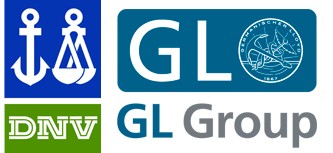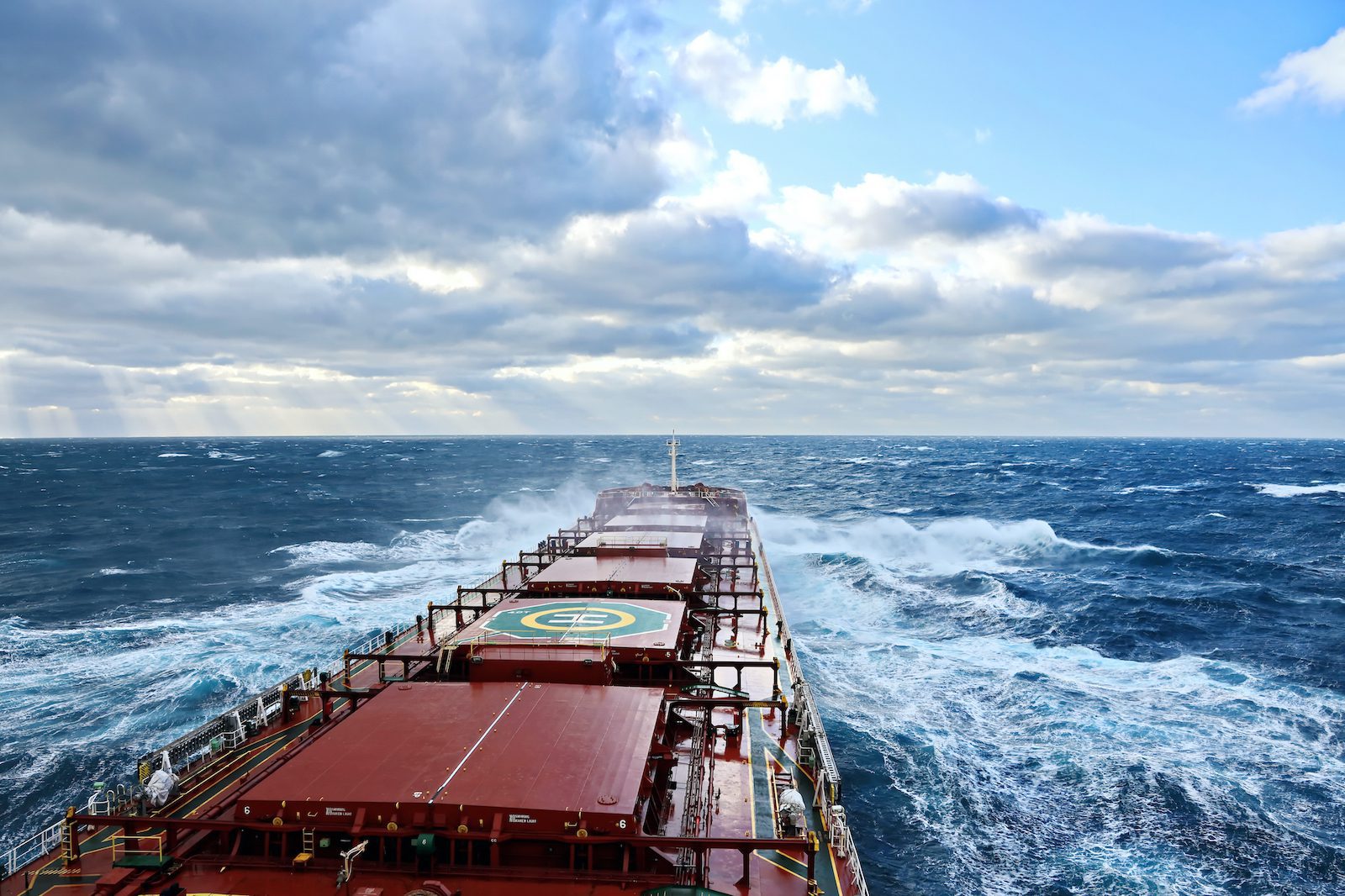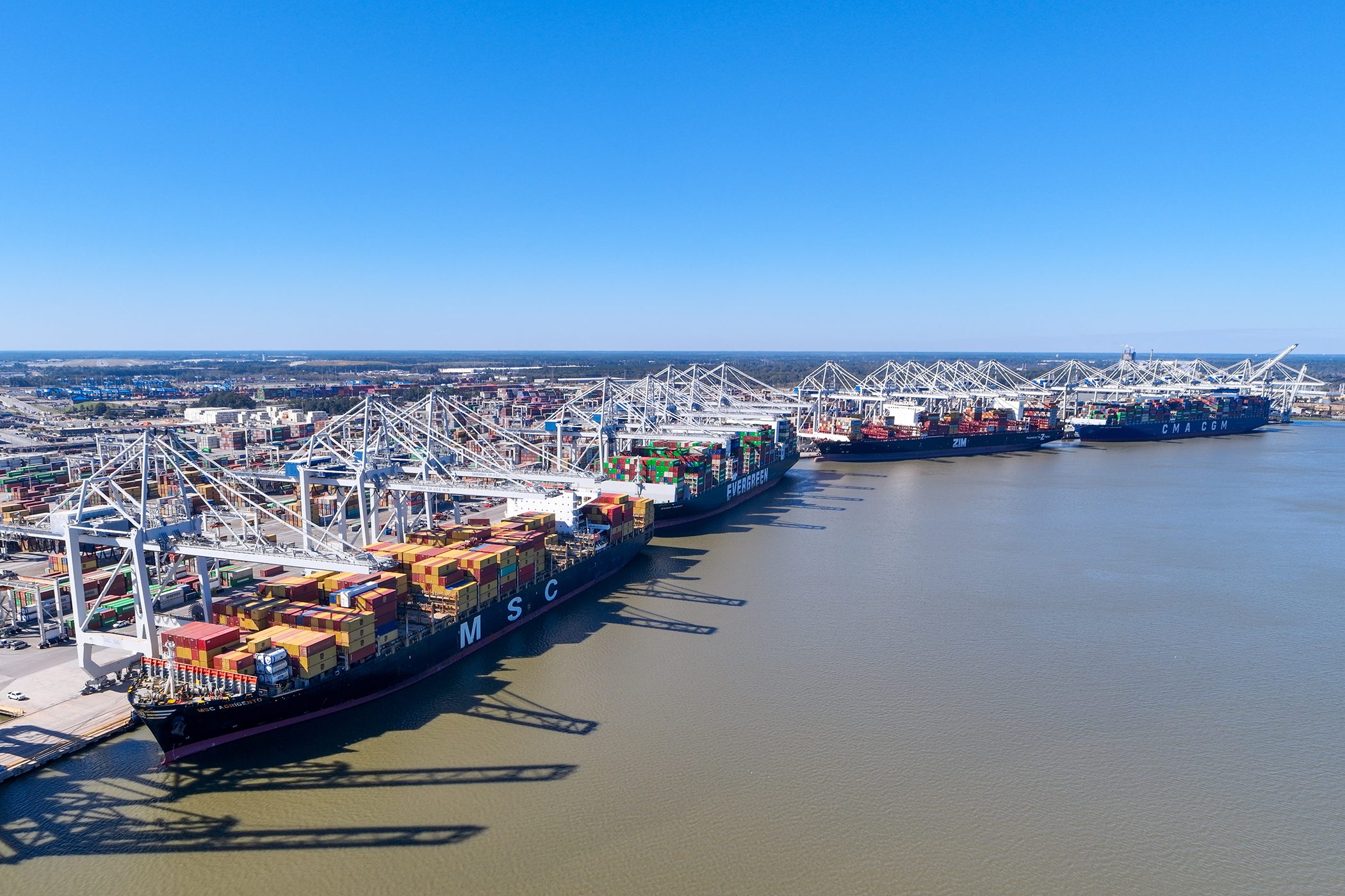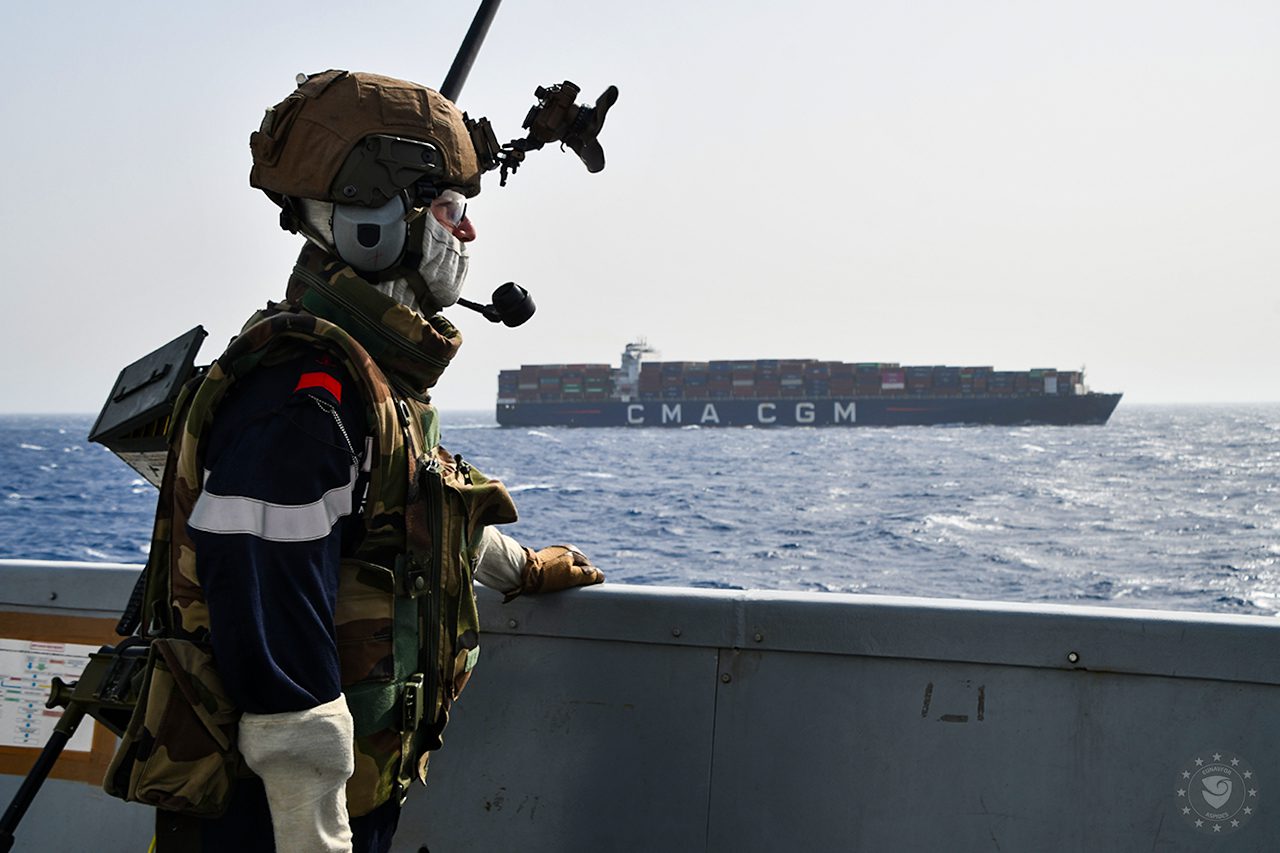 Increased focus on ship safety is DNV’s main priority when identifying critical issues in shipping. An extended focus on risk-based rules, safety barriers and identifying high-risk areas are means to enhance safer shipping. “Together with GL, we will have the power to take the lead in heading for these targets,” says Tor Svensen, Chief Operating Officer Asia Pacific and President DNV Maritime and Oil & Gas.
Increased focus on ship safety is DNV’s main priority when identifying critical issues in shipping. An extended focus on risk-based rules, safety barriers and identifying high-risk areas are means to enhance safer shipping. “Together with GL, we will have the power to take the lead in heading for these targets,” says Tor Svensen, Chief Operating Officer Asia Pacific and President DNV Maritime and Oil & Gas.
The merger between DNV and GL was announced in December last year. Through the power of 17,000 employees, 5,600 of whom are dedicated to the shipping industry and its presence in 100 countries, DNV-GL will be a leading class society. The integration-planning process is ongoing in both companies, and the competition filing is in progress globally.
Serious accident trends – as for example penetration of hull and immobilization of main engine – have worsened over the last decade. During these years, the frequency of serious accidents has in average been almost twice as high as it was at the start of this millennium. On the positive side the number of life lost has not followed that trend, but stayed quite constant over time if we look at all ship types.
Another issue is the safety variations between various ship segments. Offshore supply vessels are among the most technically advanced vessels and are often used for some of the most complicated operations. Nevertheless, the safety performance of offshore supply vessels is better than that of any other ship segment.
“The achievements within the offshore segment are good. Through a technology-focused proactive risk management and barrier approach, safety has been improved step by step,” says Mr Svensen. “Learning through experience exchange between ship segments is essential to improve overall safety. Together, DNV and GL will be in a better position to share and develop knowledge to the benefit of the whole shipping industry.”
Another key enabler for safer shipping is research and innovation. The merged class society will invest 5% of its turnover in R&I. Mr Svensen adds: “We’re convinced that investing in R&I will be a catalyst for innovation and technology development, leading to safer and more cost-efficient shipping.
“Class has to make the continuous drive to improve safety a number one priority. This means that we have to drive the agenda for improved risk management. We have to be the frontrunner, leading the industry on technology and innovation by investing significantly in R&I and technological skills.”
Mr Svensen is committed to ensuring that DNV-GL becomes a strong and competent classification society that will help make the maritime industry safer and more efficient.

 Join The Club
Join The Club











